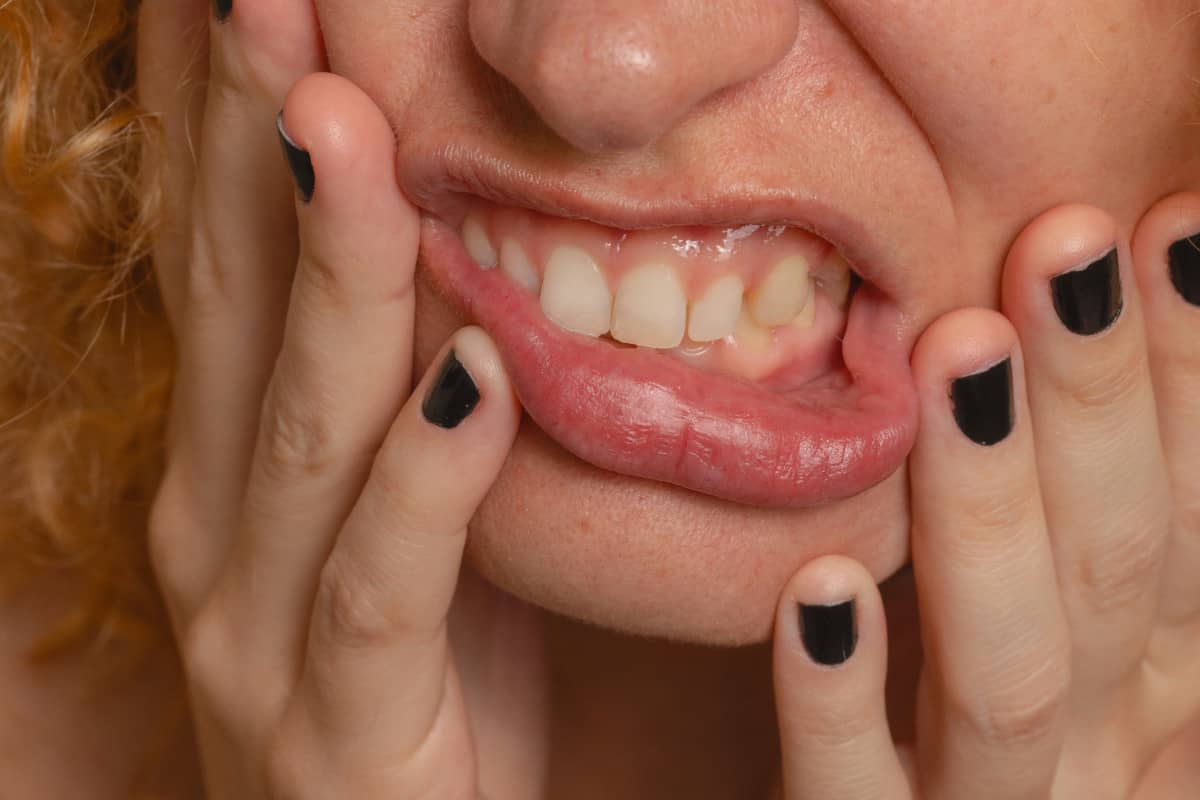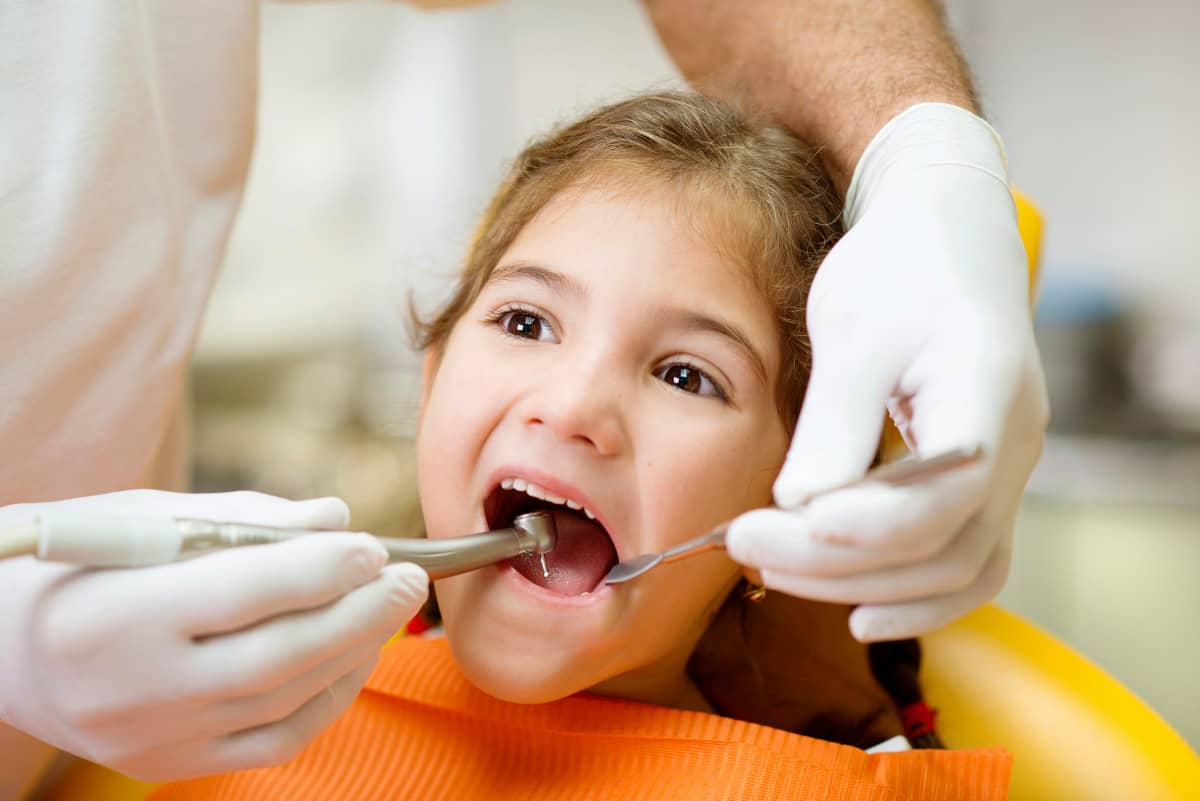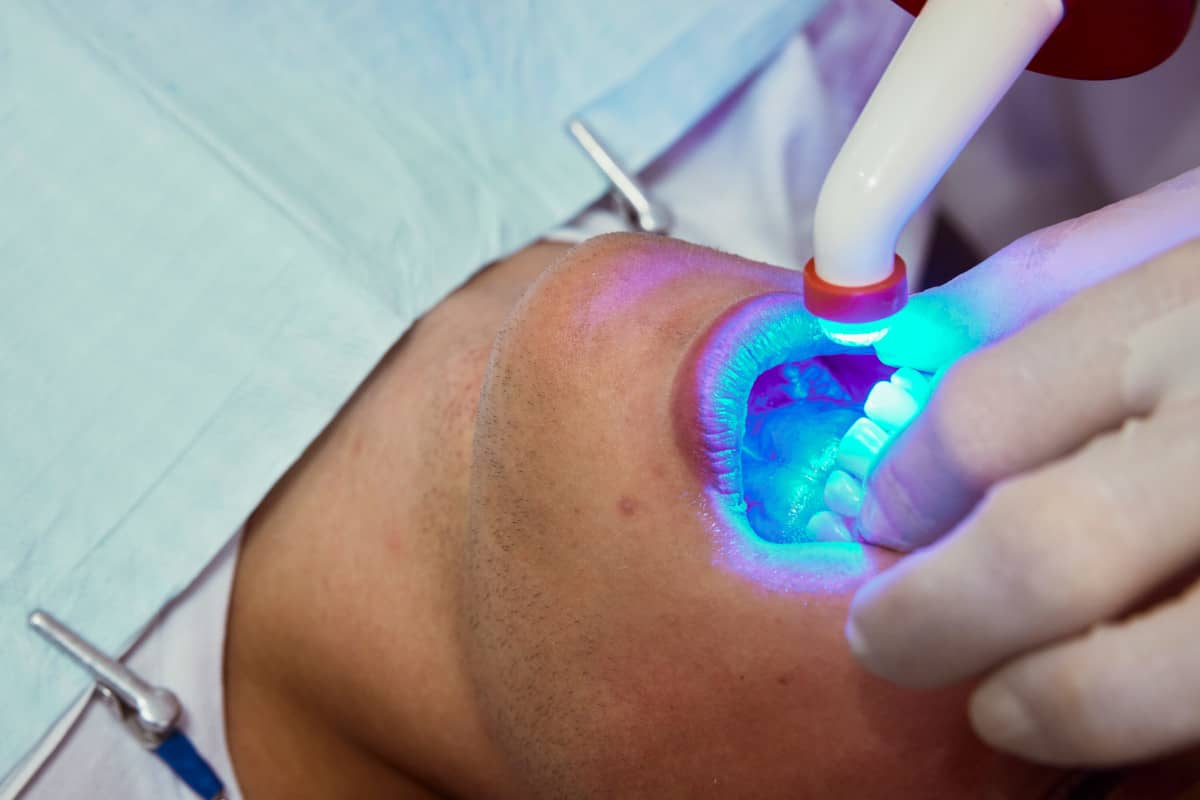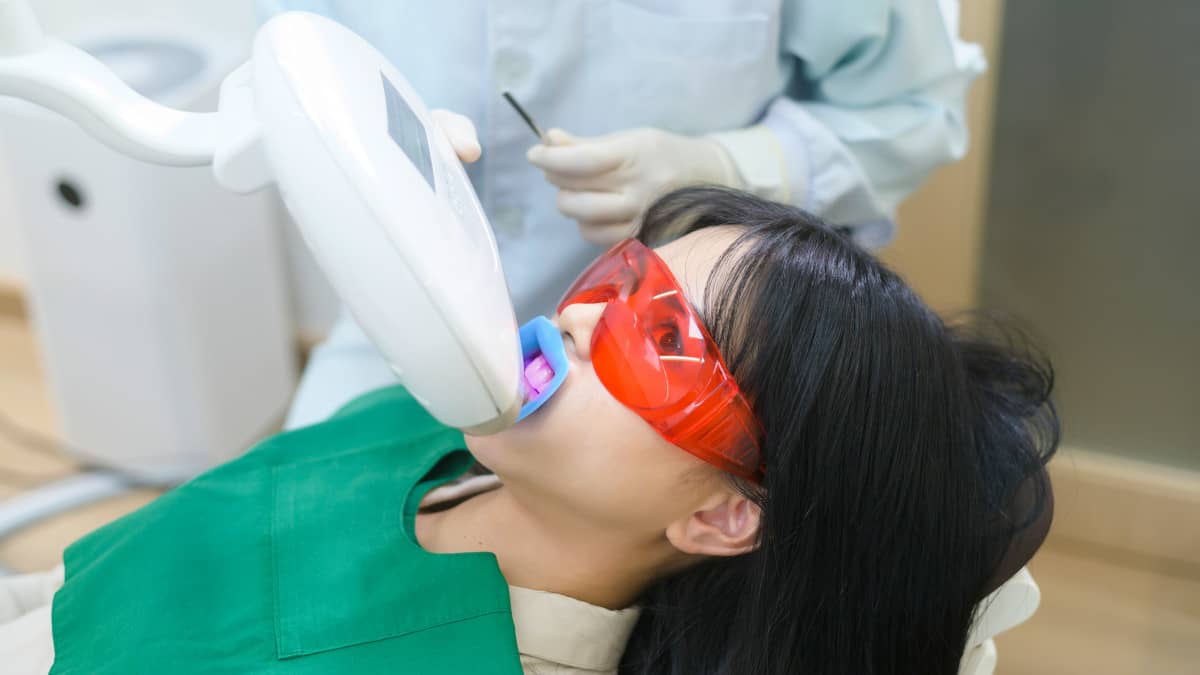Use and function of dental mouthwashes

Dental mouthwashes are not all the same, there are different types depending on the needs of each person and therefore we should not be fooled by their different colours and flavours…
The marketing of each company comes into play in mouthwashes and we have to be careful because some of them, instead of being beneficial, can make the disease worse.
What is true about them?
Rinses serve as an aid to dental hygiene, complementing the toothbrush and interdental floss.
They should be used correctly and according to the product’s instructions: they should not be used as a substitute for toothbrushing and interdental brushing, they are only an auxiliary aid!
Can they ever be used as a substitute?
Yes, it is true that in some cases they can be used as a substitute for brushing and interdental cleaning for a short period of time in some of these situations:
 After dental treatment such as oral surgery or in acute oral gingival infections.
After dental treatment such as oral surgery or in acute oral gingival infections.- In patients with physical or mental handicaps.
- As an aid to mechanical oral hygiene: in periodental patients.
- In medically compromised and immunocompromised patients.
- In people with halitosis (bad breath).
- In people undergoing orthodontic treatment.
- For caries prevention in patients.
- In patients with xerostomia (dry mouth).
What chemical elements can they incorporate?
-Chlorhexidine (CHX)
This is the most commonly used.
Indicated for the treatment of inflamed gums. It has been shown to be highly effective and produces practically no secondary alterations.
It is useful for a short period of time, as it can stain (superficially) the teeth if used for more than a couple of months.
-Essential oils:
Essential oils can be a good long-term option because they have fewer side effects than chlorhexidine.
The danger of this type of mouthwash is that, as they contain alcohols in their composition, they can be aggressive for the mucosa. It is preferable to dilute them with a little water or to alternate them depending on the day.
–Triclosan:
Mouthwashes with triclosan have an anti-plaque and anti-gingivitis effect.
Triclosan has been shown to be useful for periodontal maintenance treatments. As it does not stain teeth, it can be used long-term.
It is advisable to alternate between brands so that the body does not become accustomed to their taste.
-Anticaries-fluoride mouthwashes:
These are used in people at high risk of caries. These rinses are rich in fluoride and have an anti-plaque effect. They are often used in polymedicated patients to prevent the appearance of neck caries, in children with a history of caries.
 -Antisensitisers:
-Antisensitisers:
The effect is not immediate and sensitivity decreases after a few weeks. The standard composition is POTASSIUM NITRATE. This blocks the dentinal tubules and allows the user to enjoy cold food again in time.
It should be noted that sometimes the sensitivity appears due to excessive pressure on the teeth, so this type of mouthwash will not be useful. In this case, it will be necessary to use an unloading or relaxation splint.
-Anti-Halitosis:
Aimed at reducing the number of odour-producing bacteria in the mouth. They are usually mouthwashes for a specific moment.
The main source of bad breath is the mouth, so you have to look for the cause of it by going to one of our Clinicas Udemax. After a proper diagnosis, we can reduce the oral-buccal cause of halitosis or bad breath by almost 100%.
-For the treatment of dry mouth-Xerostomy.
This type of mouthwashes serve as salivary substitutes.
Depending on the type of illness or syndromes, dry mouth may appear. In people who have suffered from cancer, or people taking medication, this dryness can appear, which can be counteracted with this type of mouthwash. In addition to mouthwashes we can add chewing gum, candies, sprays, etc.. They will perform the same function as this mouthwash.
In this way we prevent a denser saliva from sticking to the teeth, favouring the appearance of caries or lesions.
If you have any doubts about mouthwashes, you can visit our Clinicas Udemax where we will explain the differences between the different types of mouthwashes. Don’t get carried away by the appearance or colour of the bottle and choose the right one for your mouth.




